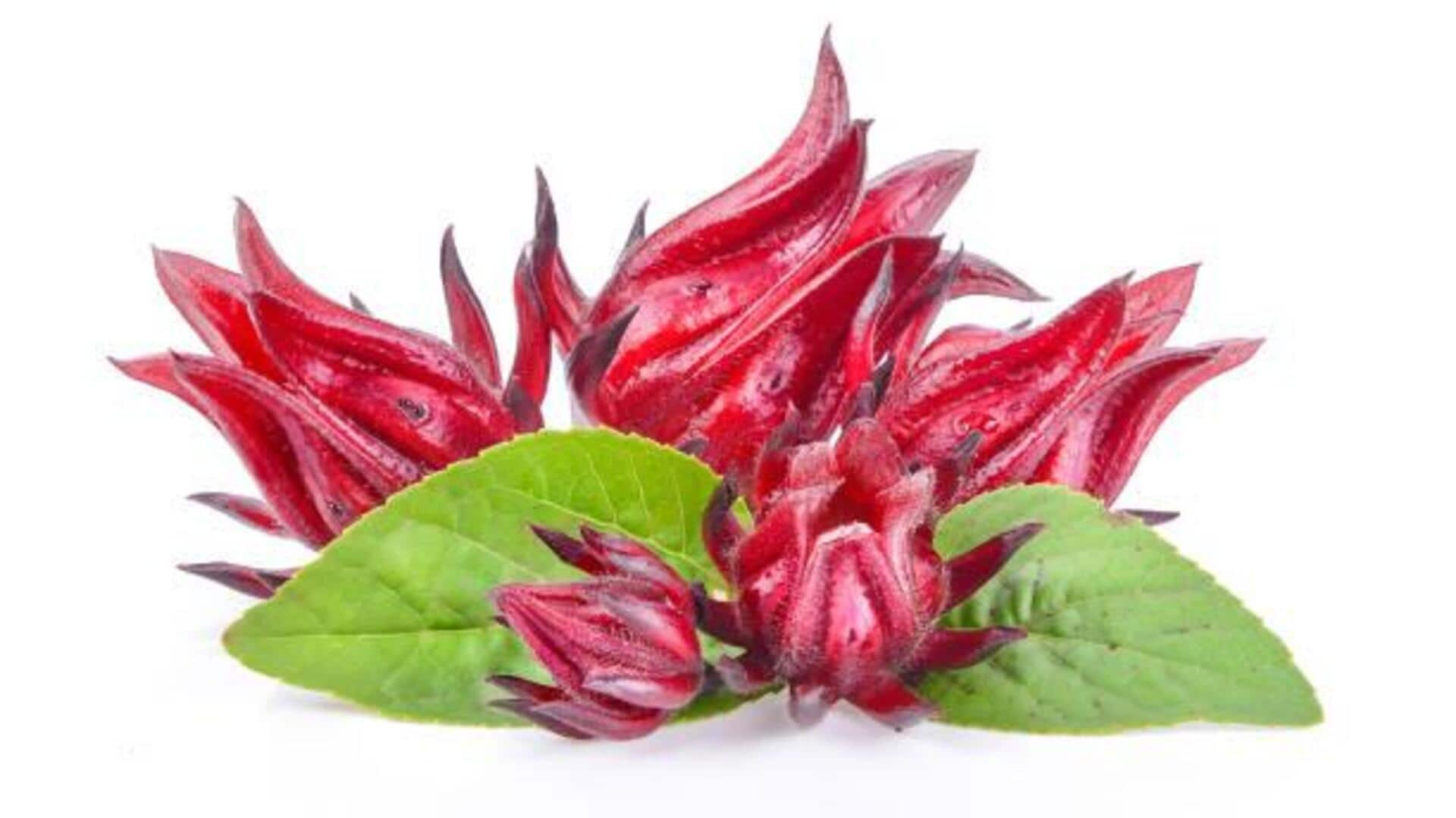
Sorrel plant: Nutrition, culinary uses, and more
What's the story
African sorrel, a leafy green plant, is making waves for its health benefits. Popular in various African cuisines, this plant is rich in vitamins and minerals. It is known for its tangy taste and vibrant color, making it an ideal addition to salads and soups. Its nutritional profile includes vitamin C, calcium, and iron. Here's how you can add this nutritious leaf to your diet.
#1
Nutritional benefits of African sorrel
African sorrel is loaded with essential nutrients that promote good health. It is an excellent source of vitamin C, which boosts the immune system and promotes healthy skin. The plant also contains calcium and iron, which are important for bone health and preventing anemia. Further, the antioxidants present in African sorrel help fight free radicals in the body.
#2
Culinary uses of African sorrel
The tangy flavor of African sorrel makes it a versatile ingredient in the kitchen. It can be used fresh in salads or cooked into soups for an extra zest. In some cultures, it is blended into sauces or used as a garnish on various dishes. Its acidity can balance out richer flavors in meals while adding a pop of color.
Tip 1
Tips for growing African sorrel at home
Growing African sorrel at home can be rewarding, given its low-maintenance nature. It flourishes in well-drained soil with plenty of sunlight, but can also tolerate partial shade. Water regularly to keep the soil moist but not waterlogged. Harvest leaves continuously to promote new growth throughout the growing season.
Tip 2
Potential health risks associated with consumption
While African sorrel has many health benefits, overconsumption can lead to some health risks due to the presence of oxalic acid. This compound can interfere with calcium absorption and may cause kidney stones in susceptible individuals if consumed in excess. Moderation is key when including this leafy green in your diet.